
BBC Two
Featured Show:
World in Ferment
A British send-up of news magazine programmes, celebrities, and broadcasters that proudly declared “no matter where in the world news is being made, we will be somewhere else – poised to bring you the facts without fear or favour about something totally different and to bring them to you late, wrong, and garbled.”
BBC Two TV Shows
1963 shows • Page 92 of 99
 0
0World in Ferment
A British send-up of news magazine programmes, celebrities, and broadcasters that proudly declared “no matter where in the world news is being made, we will be somewhere else – poised to bring you the facts without fear or favour about something totally different and to bring them to you late, wrong, and garbled.”
 0
0The Gnomes of Dulwich
The Gnomes of Dulwich was a United Kingdom television sitcom originally shown in six episodes from 12 May 1969 to 16 June 1969. Written by Jimmy Perry, the show starred Terry Scott, Hugh Lloyd, John Clive, Leon Thau, Anne de Vigier and Lynn Dalby as garden gnomes living at 25 Telegraph Road, Dulwich, London, England. The title is a reference to the term "Gnomes of Zürich". The tapes were wiped in the 1970s and no material seems to have survived.
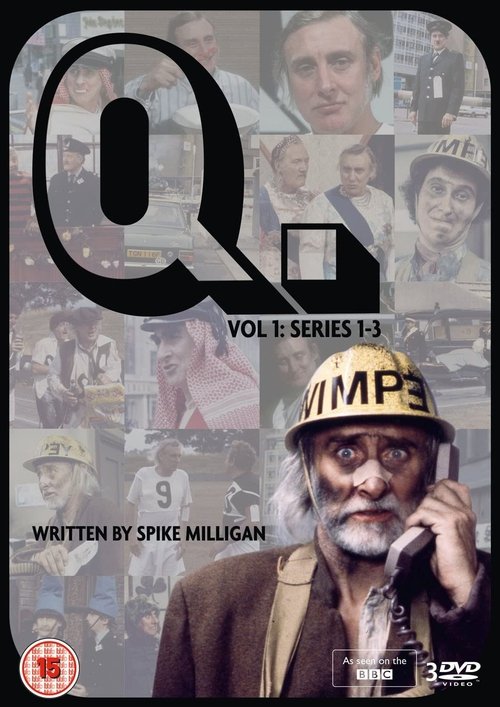
Q...
Q... was a surreal television comedy sketch show from Spike Milligan which ran from 1969 to 1982 on BBC2. There were six series in all, the first five numbered from Q5 to Q9, and a final series titled There's a Lot of It About. The first and third series ran for seven episodes, and the others for six episodes, each of which was 30 minutes long. Various reasons have been suggested for the title. One possibility is that it was inspired by the project to construct the Cunard liner QE2, launched in September 1967, which was dubbed Q4. Another theory is that Milligan was inspired by the BBC 6-point technical quality scale of the time, where "Q5" was severe degradation to picture or sound, and "Q6" was complete loss of sound or vision. This was extended by some engineering departments to a 9-point scale, finishing at "Q9". According to Milligan's autobiography, the final series was renamed There's a Lot of It About after the BBC felt the public might find Q10 too confusing.
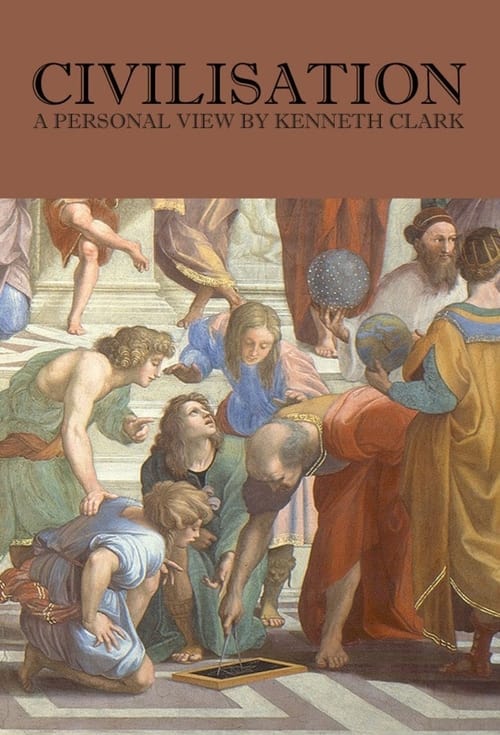
Civilisation
Sir Kenneth Clark guides us through the ages exploring the glorious rise of civilisation in western man. Beginning with the bleakness of the dark ages to the present day, we consider civilisation's articulations and expressions in some of man's finest works of art.
 0
0The Borderers
The Borderers is a British television series produced by the BBC between 1968 and 1970.
 0
0Nana
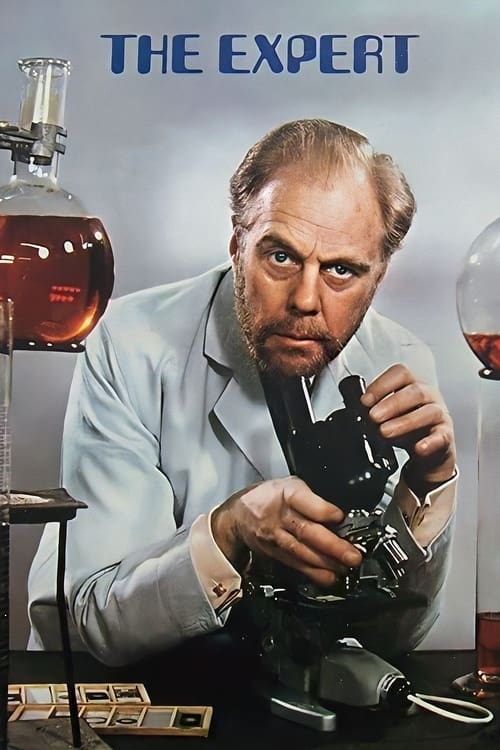
The Expert
The Expert is a British television series produced by the BBC between 1968 and 1976. The series starred Marius Goring as Dr. John Hardy, a pathologist working for the Home Office and was essentially a police procedural drama, with Hardy bringing his forensic knowledge to solve various cases. The Expert was created and produced by Gerard Glaister. The series was also one of the first BBC dramas to be made in colour, and throughout its four series had numerous high quality guest appearances by actors such as John Carson, Peter Copley, Rachel Kempson, Peter Vaughan, Clive Swift, Geoffrey Palmer, Peter Barkworth, Jean Marsh, Ray Brooks, George Sewell, Anthony Valentine, Bernard Lee, Lee Montague, Geoffrey Bayldon, Mike Pratt, Edward Fox, André Morell, Brian Blessed, Nigel Stock, Philip Madoc and Warren Clarke.
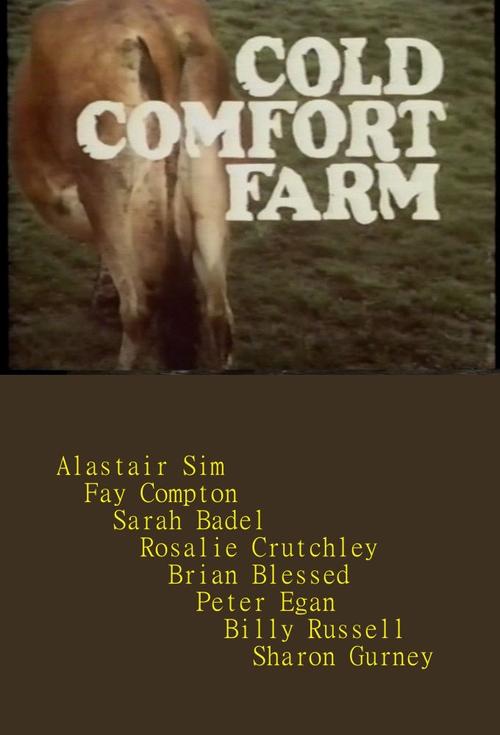 0
0Cold Comfort Farm
Adaptation of Stella Gibbons's comic novel of the same name.

Marty
Marty is a British television sketch comedy series, with Marty Feldman, Tim Brooke-Taylor, John Junkin, Roland MacLeod, Mary Miller and Peter Pocock which was made in 1968. There was a second series made in 1969, titled "It's Marty". A compilation of sketches from the series has been released on DVD. The writers were John Cleese, Tim Brooke-Taylor, John Junkin, Marty Feldman, Barry Took, Graham Chapman, Terry Jones, Philip Jenkinson, Donald Webster, Peter Dickinson, Terry Gilliam, John Law, Frank Muir and Denis Norden. Barry Took and Marty Feldman were given an award for the show by the actor Kenneth Horne. Kenneth fell from the podium after this and died. Lionel Blair choreographed a routine from "It's Marty".
 0
0Ooh La La!
Series based on the short French farces written by Georges Feydeau, Eugène Labiche, Marc Michel and Sacha Guitry. All of them include mistaken identities and impeccable timing.
 0
0The World of Beachcomber
The World of Beachcomber was a surreal television comedy show produced by the BBC, inspired by the Beachcomber column in the Daily Express newspaper. The show, like the column, consisted of a series of unrelated pieces of humour. Links between the items were provided by Spike Milligan, dressed in a smoking jacket and cap, as in the cartoon logo above the newspaper column. The other actors were a Who's Who of British comedy of the time, encompassing almost every supporting player seen or heard in comedy, not excluding people of diminutive stature. In all, 19 episodes were produced beginning in 1968. Unfortunately, like many shows of the time, the original videotapes were wiped. Only one complete episode, on black and white 16mm film, now survives in the BBC archives, from the penultimate edition.
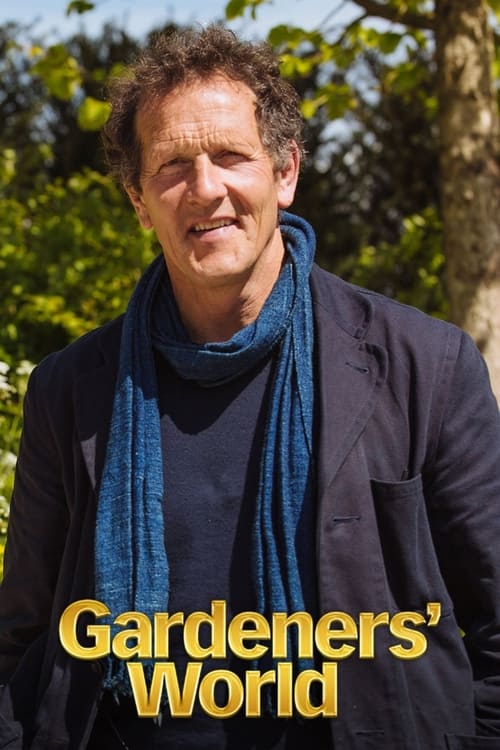
Gardeners' World
Gardeners' World is a long-running BBC Television programme about gardening, first broadcast in 1968 and still running as of 2013. Its first episode was presented by Ken Burras and came from Oxford Botanical Gardens. The magazine BBC Gardeners' World is a tie-in to the programme. Most of its episodes have been 30 minutes in length, although there are many specials that last longer. The 2008 and 2009 series used a 60-minute format.
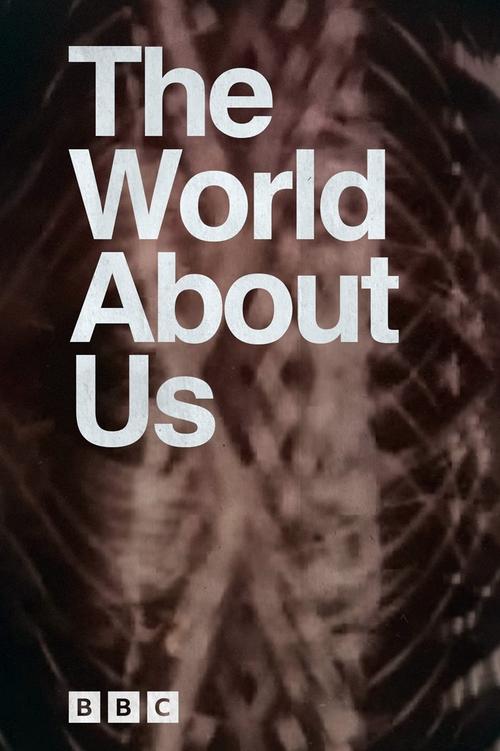
The World About Us
A series of films from all over the world about our astonishing planet and the creatures that live on it. Combining natural history with an element of adventure, the series featured well-known naturalists such as Jane Goodall and Gerald Durrell, and the oceanographer Jacques Cousteau. Succeeded by The Natural World.
 0
0Three Of A Kind
 0
0Witch Hunt
Witch Hunt was a 1967 British supernatural television drama series shown on BBC2. Starring Patrick Kavanagh, and unfolding over 5 episodes, the plot involves a man, Rex Fordham, who moves to the Gloucestershire countryside and uncovers a secret witchcraft cult. Written by Jon Manchip White, directed by Peter Duguid, and produced by Alan Bromly. No episodes are known to exist in the archives as of 2009.

The Revenue Men
The Revenue Men is a British television series, produced and transmitted by the BBC between 1967 and 1968. The series dealt with cases handled by the Investigation Branch of Customs and Excise such as the illegal import of goods, illegal immigration and business transactions amongst travellers. The Revenue Men was produced by Gerard Glaister. The series lasted for three series and 39 episodes in total. In spite of this fact, all of the episodes were later wiped, with no episodes extant in the BBC archives as of 2009.
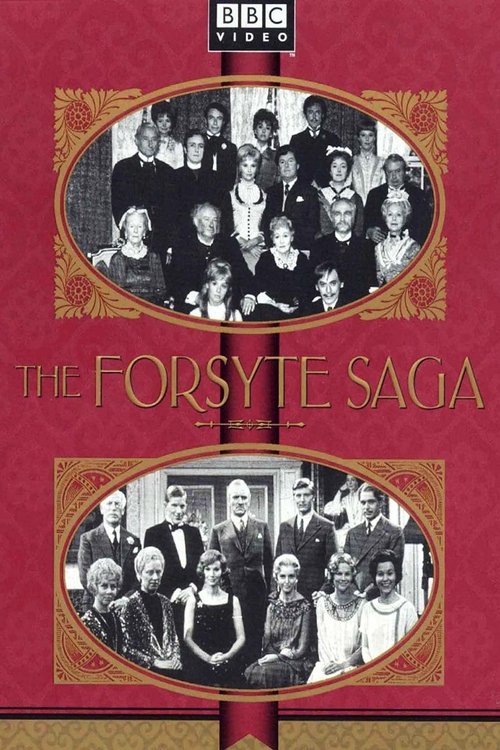
The Forsyte Saga
The Forsyte Saga is a 1967 BBC television adaptation of John Galsworthy's series of The Forsyte Saga novels, and its sequel trilogy A Modern Comedy. The series follows the fortunes of the upper middle class Forsyte family, and stars Eric Porter as Soames, Kenneth More as Young Jolyon and Nyree Dawn Porter as Irene. It was adapted for television and produced by Donald Wilson and was originally shown in twenty-six episodes on Saturday evenings between 7 January and 1 July 1967 on BBC2, at a time when only a small proportion of the population had television sets able to receive this channel. It was therefore the repeat on Sunday evenings on BBC1 starting on 8 September 1968 that secured the programme's success with 18 million tuning in for the final episode in 1969. It was shown in the United States on public television and broadcast all over the world, and became the first BBC television series to be sold to the Soviet Union.
 0
0Sword of Honour
Sword of Honour is a three-part miniseries produced as part of the anthology Theatre 625, and broadcast on BBC2, based on Evelyn Waugh's 1952–61 novels of the same name. It stars Edward Woodward as 35-year-old Englishman Guy Crouchback, who returns home from Italy at the start of WWII, determined to fight the good fight. Horrified by Nazi barbarism and emotionally shattered by a painful divorce, Crouchback eagerly accepts a post with the elite Royal Corps of Halberdiers.

Face the Music
Chaired by Joseph Cooper, Face the Music took the form of a quiz, with a panel of three music-loving celebrities, but without scoring or a winner. Each week, there would be a special guest, who would also have to answer questions – with the focus being on topics that related to the guest's life and career, so as to lead to amusing anecdotes. The questions to the panel were asked in a series of rounds, each with a theme, such as "The Face, The Music", where the panel would have to identify a composer from their picture, as well as the composer of the music played along with it.
 0
0On the Margin
On the Margin was a British satirical comedy sketch show written and performed by Alan Bennett and a regular cast including John Sergeant, Virginia Stride, Madge Hindle and Yvonne Gilan. Guest performers included John Fortune and Jonathan Miller. The show also featured songs and poems by John Betjeman and Philip Larkin. Each episode featured a mixture of sketches, some prophesying his later television dramas such as the quasi-soap, Streets Ahead, Life and Times in NW1, and more unexpectedly, serious poetry and music slots incorporating readings by Michael Hordern and Prunella Scales with archive footage of music-hall stars. This personalised nostalgic element distinguished On the Margin from other contemporary sketch shows, with Bennett's satirical swipes at Britain, integrated with his genuine love of its cultural heritage. It was directed by Sydney Lotterby, produced by Patrick Garland and was broadcast between 9 November and 14 December 1966 on BBC 2. It was repeated twice in 1967, but the tapes were wiped in the 1970s so the main surviving evidence of the series are the scripts. However, a compilation CD of audio extracts was released in 2009.